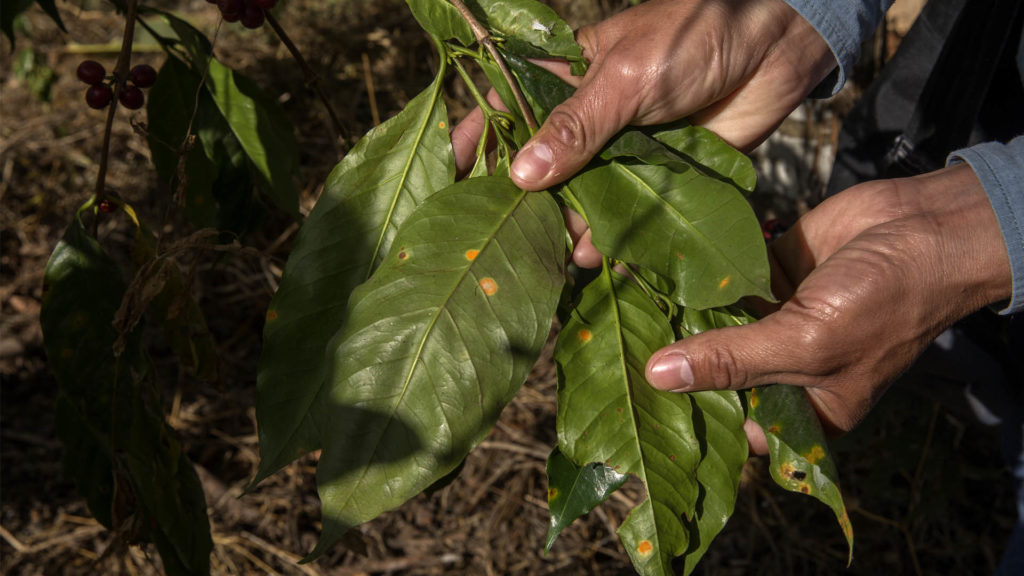Responding to the release of the National Food Strategy Part 2, led by businessman Henry Dimbleby, 15 July 2021, Dr Louisa Cox, Director of Impact at the Fairtrade Foundation, said:
‘The report comes at a critical time: farmers and workers who produce our food are already feeling the effects of the climate crisis. Urgent action is needed to reduce our carbon emissions. With food production contributing to 30% of greenhouse gas emissions, it is vital that we move towards greener, more sustainable agricultural supply chains to protect producers overseas, as well as our own food security here in the UK.
‘We welcome the focus in the report on the role that trade policy can play in supporting a reduction in carbon emissions and a sustainable food system. We support the recommendation for a core set of standards to define our trade policy. We are keen to see standards which encourage ‘trade for development’ objectives and the investment in small holder farmers who produce our food, so that they are not only able to adapt and mitigate against the impacts of climate change, but are better able to earn decent livelihoods that provide for themselves and their community.
‘Any UK trade standards moreover need to ensure that we are not ‘offshoring’ our carbon emissions to countries overseas. The Fairtrade Foundation is keen to see Future Free Trade Agreements (FTAs) that work in support of the Government’s ambitions to reach Net Zero, with careful assessment made of any future deals on their environmental impact.
‘The Government now has six months to respond to the recommendations in the report, and we look forward to engaging with the National Food Strategy Team and the UK Government in the months ahead on this vital and urgent journey to transform our food system to one that is green, just and protects the people who grow our food.’
